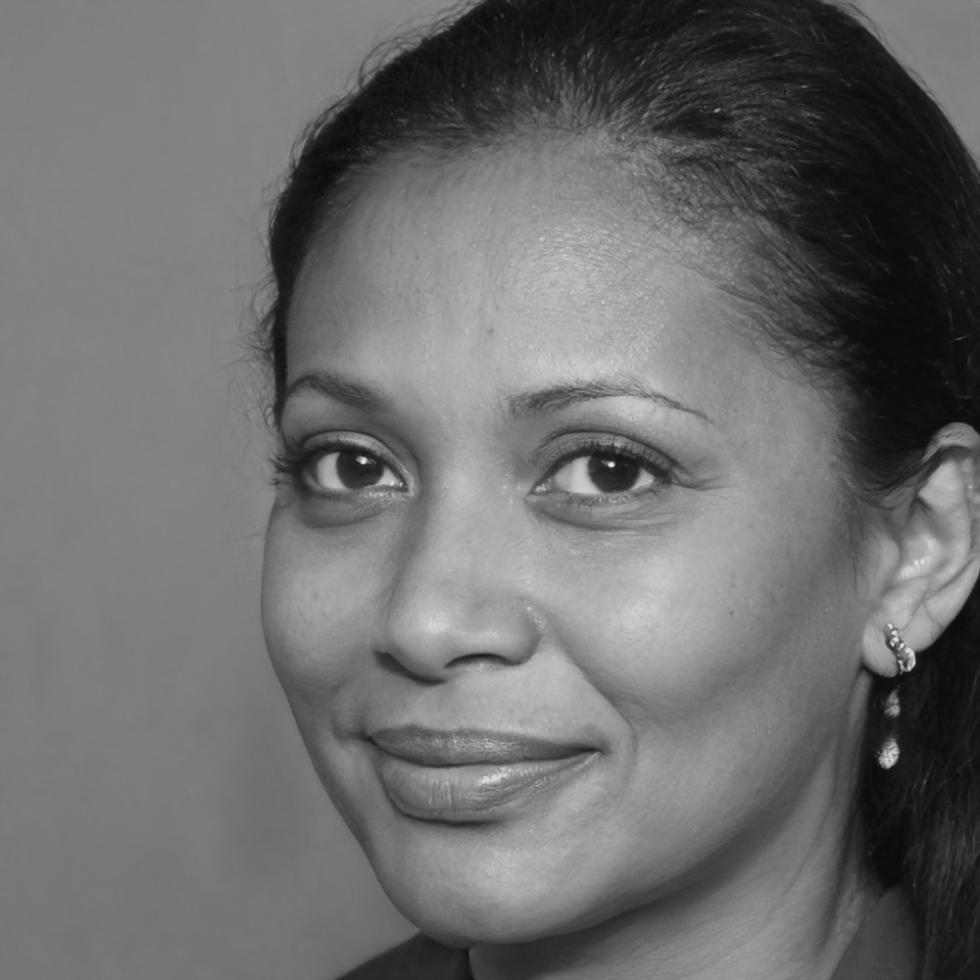Building a startup isn't a mystery—but it needs the right approach
We've watched plenty of founders stumble through the early stages. Not because they lack ideas, but because they're missing the frameworks that actually help turn concepts into viable businesses.
Explore Our ProgramWhat you'll actually work through
Our approach breaks down into four distinct stages. Each one builds on what came before, and each has specific deliverables that matter for your business.
Foundation mapping
You'll spend the first few weeks figuring out if your idea addresses something people genuinely need. This includes customer interviews, market sizing exercises, and competitive landscape analysis. Most founders skip this part—and pay for it later.
Model development
Once you've validated the problem, we help you build out the business mechanics. Revenue models, cost structures, unit economics. This gets technical, but it's where you start seeing whether the numbers can actually work.
Product scaffolding
Here's where things get tangible. You'll create your minimum viable offering—whether that's a digital product, service framework, or physical prototype. The goal isn't perfection. It's creating something you can test with real users.
Market testing
The final stage involves getting your offering in front of actual customers. You'll run small-scale experiments, gather feedback, adjust your approach, and start building the early traction that investors and partners look for.
The workshop structure matters more than you'd think
We run intensive weekend sessions every three weeks starting July 2026. Between sessions, you're working on your business with regular check-ins from mentors who've been through this before.
Each workshop tackles specific challenges. One weekend you're working through financial projections. Another, you're practicing your pitch with founders from different industries who'll tear it apart—in the most helpful way possible.
- Small cohorts of 12-15 founders so you actually get attention
- Industry mentors who show up because they care, not for resume padding
- Real feedback sessions that can be uncomfortable but genuinely useful
- Access to tools and templates we've refined over six years


Briony Hargraves
I built and sold a SaaS company in the education space back in 2022. The journey took five years, and I made every mistake you can imagine along the way.
Now I work with early-stage founders on the messy stuff—pricing strategy, team dynamics, knowing when to pivot versus when to push through. The technical parts of building a business aren't that hard once you understand the frameworks. It's the decision-making under uncertainty that trips people up.
What I appreciate about this program is that we don't sugarcoat things. If your unit economics don't work, we'll tell you. If your market's too small, we'll help you figure out adjacent opportunities. But we're also here to support you when you hit those inevitable rough patches.
Setting realistic expectations
We believe in being honest about what this program offers and what it doesn't. Here's what we've seen work, and what typically doesn't.
What often happens
- You'll gain clarity on whether your idea has commercial potential
- You'll build a network of founders dealing with similar challenges
- You'll create a functional business model and early product version
- Some founders secure their first customers during the program
- You'll develop decision-making frameworks that remain useful for years
- Many participants pivot their original concept based on market feedback
What we can't guarantee
- Funding doesn't appear automatically—you'll still need to pitch investors yourself
- Building a sustainable business typically takes 2-3 years minimum
- Not every startup concept will prove viable, and that's valuable to learn
- Success depends heavily on your effort between workshop sessions
- Market conditions and timing affect outcomes in ways beyond our control
- Some founders realize entrepreneurship isn't their preferred path, and that's okay
Applications open March 2026
We're looking for founders who are serious about building something sustainable. That doesn't mean you need a polished business plan or years of experience. But you should be prepared to put in the work and handle honest feedback.